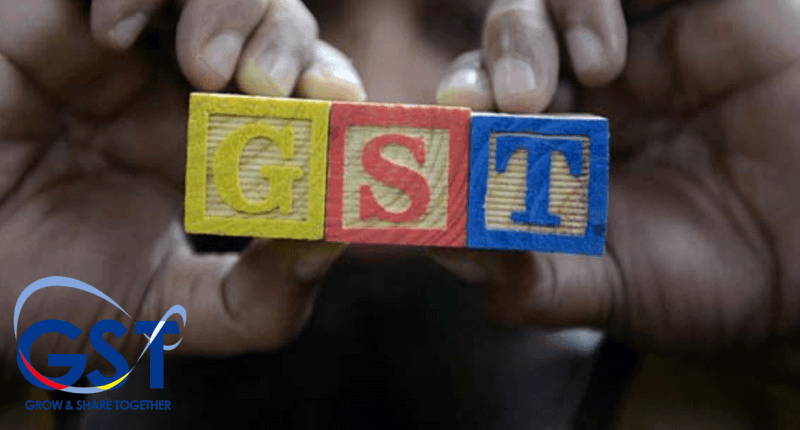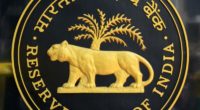Almost all the states in India are witnessing a steep increase in petrol and diesel price in the last few months. When questioned about the same, the Union FM Nirmala Sitharaman stated that the centre and state governments would have to work hand-in-hand to chalk out a price control mechanism.
States like Rajasthan and Madhya Pradesh saw the price rise above Rs.100 per litre. It is interesting to note about diesel that the main component of its price is the taxes, approximately amounting to 56%. Further, India is dependent on imports to satisfy its oil needs to the extent of 86%. The prices are hence fluctuating due to the global demand and supply.
Last year, the Hon’ble Union FM had increased the central excise duty on petrol and diesel by a considerable margin. It was done to set off the profits arising from the reduction in international oil prices. However, the government did not commit then cut the tax rates and pass on the relief to consumers.
The Chennai Citizens’ Forum recently arranged an event. At this event, Smt. Nirmala Sitharaman exclaimed that petrol pricing is an unsettled issue that can be resolved only by reducing the price to convince anyone. She further stated that she was aware of treading on this, and irrespective of her statement to pose the reality, it may continue leaving one muddled.
Further, the ultimate solution would be to bring petrol and diesel under GST. The consumers can benefit from the removal of the tax-on-tax effect and uniformity administered by the current regime.
It is a matter that both centre and states must discuss together, mostly at the GST Council meeting. She said it would not serve any reason if the centre were to take the moral high ground and bring down excise duty to zero. She also added that the states levy ad valorem sales tax or VAT rates to get more revenue as prices go up. She also raised a concern that the rate cuts can be done if there is a certain guarantee that the centre’s revenue loss must not be an opportunity for others to get into this space and profit from that.
Sitharaman said that as a finance minister, she would not be the lone minister from the Union government to dictate the rate cut impact on fuel price. Neither can she guarantee the earnings made or foregone by each state due to such a move.
It must be noted that there will be a single fuel price across India if taxes on fuel get subsumed under GST. It will wipe away any inconsistencies in the fuel rates from one state to another. The tax charged under GST may be shared between the central and state governments. The retail pump prices vary across India depending on the taxes (VAT) and freight levied at a state level.
While the Union Petroleum Minister could not agree more to what FM said, Kerala FM remained grounded about not reducing state levies on fuel. TM Isaac Thomas commented that the central government should reduce the duty rates currently levied on petrol and diesel.
While this was still under debate, the Union Budget 2021 proposed an all-new Agriculture Infrastructure and Development Cess of Rs 2.5 per litre on petrol. Further, this is proposed at Rs 4 per litre on diesel, both of which will apply from 1st April 2021, indicating a further price rise in fuel in the upcoming months.
Apart from petrol and diesel, prime minister Shri Narendra Modi mentioned that the government is also committed to bringing natural gas under GST. Hence, the upcoming 44th GST Council meeting expected to be held in mid-March 2021 may have these subjects on its agenda.
For any clarifications/feedback on the topic, please contact the writer at annapoorna.m@cleartax.in
Annapoorna, popularly known as Anna, is an aspiring Chartered Accountant with a flair for GST. She spends most of her day Singing hymns to the tune of jee-es-tee! Well, not most of her day, just now and then.





